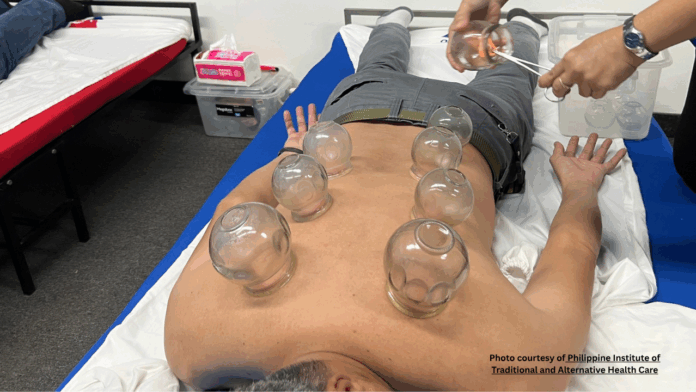In today’s increasingly expensive healthcare system, more and more Filipinos are turning to traditional and alternative medicine—hilot, herbal remedies, and acupuncture for medical relief. These are practices that, for centuries, have been a part of Filipino culture and are recognized under national law through the Traditional and Alternative Medicine Act (TAMA).
Republic Act No. 8423, or the TAMA Law, was written by medical practitioner, former Health Secretary, and champion of public health, the late Senator Juan Flavier. Signed in 1997, the law laid the foundation for formally including Filipino healing practices in our public health system.
At the heart of the TAMA Law is PITAHC, or the Philippine Institute of Traditional and Alternative Health Care. Created under RA 8423, the PITAHC is the agency in charge of promoting, regulating, and accrediting forms of traditional medicine such as hilot, ventosa, acupuncture, and herbal treatments—all practices still widely used today.
TAMA isn’t meant to replace Western medicine. Rather, it is meant to complement it. In many parts of the country where hospitals are far and medicines are too expensive, traditional healing is often the only option people have. What the law tries to do is make this option safer and more reliable.
As of 2023, only about 1% of the country’s 100,000 traditional healers were officially registered with PITAHC. Of the 1% are 1,039 acupuncturists (use of small needles to treat pain and body issues), 245 naturopaths (natural healing using herbs and diet), 75 chiropractors (treatment of back and bone problems through spine adjustments), and 30 Chinese medicine practitioners (herbal treatments and old healing methods).
There are also only 2 osteopaths (use of gentle body movements to treat pain), 23 registered manghihilot, and 4 licensed massage therapists.
To address this, the PITAHC launched a public education campaign to showcase the importance of traditional and alternative medicine to our health system
For many, healing doesn’t always start in a clinic or pharmacy. It starts with what is familiar, accessible, and rooted in our culture.
The challenge now is making sure those systems are safe and effective.
RA 8423 reminds us that health care in the Philippines is not just about hospitals and prescriptions. It is also about community wisdom, time-tested practices, and giving people real, practical choices.



